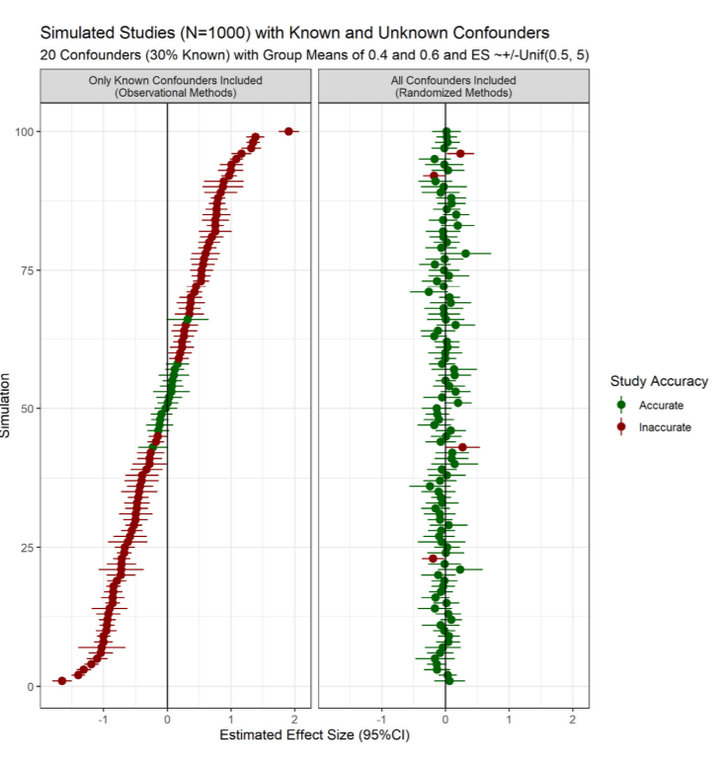Abstract
Because of the massive scale of the Covid-19 pandemic, Covid treatment research is subject to intense politicization, frequent media scrutiny, and continued public interest. As thoroughly described in a recent JAMA Viewpoint Article (Califf, Hernandez, & Landray, 2020), public scrutiny into drug development research has the potential to introduce a new set of incentives into the research process, which can, in turn, disrupt science-based regulation and the delivery of evidence-based treatments. These dangers became abundantly apparent through the US experience with hydroxychloroquine. When influencers and politicians began to endorse hydroxychloroquine as a treatment for Covid based upon early observational and preclinical studies, many in the public, including patients, physicians, and policy-makers, were quick to embrace hydroxychloroquine as an effective treatment, even though observational and preclinical studies are incapable of causally proving a drugâs safety or efficacy. This unearned enthusiasm for hydroxychloroquine led to shortages for those who required the drug for approved indications (Jakhar & Kaur, 2020) and even cases of poisonings (Erickson, Chai, & Boyer, 2020). Another observational study (which was later retracted) subsequently found a positive association between hydroxychloroquine use and mortality as well as other adverse events, which may have made recruitment for hydroxychloroquine randomized controlled trials more challenging (Califf et al., 2020). Concerningly, the cacophony of contradictory observational and preclinical evidence presented in the media led some members of the public to adopt a dogmatic attachment to the drugâs effectiveness or ineffectiveness in line with their political identity (Fuhrer & Cova, 2020). Since hydroxychloroquine was first suggested as a possible Covid treatment, a large-scale RCT, similar to what would be required for FDA drug approval, along with five smaller RCTs have all failed to find that hydroxychloroquine is an effective treatment for Covid. The authors of the large-scale RCT stated on June 5th, ‚Äúthis result should change medical practice worldwide and demonstrates the importance of large, randomised trials to inform decisions about both the efficacy and the safety of treatments‚Äù (RECOVERY Investigators, 2020). Despite this causal evidence, many in the public still believe that hydroxychloroquine is an effective treatment (PolitiFact, 2020), detracting from other potentially effective preventive measures and treatments and fueling conspiratorial theories about pharmaceutical interventions overall (Sattui et al., 2020).

Economics & Health Researcher
My research interests include public health, health innovation, and health care.

